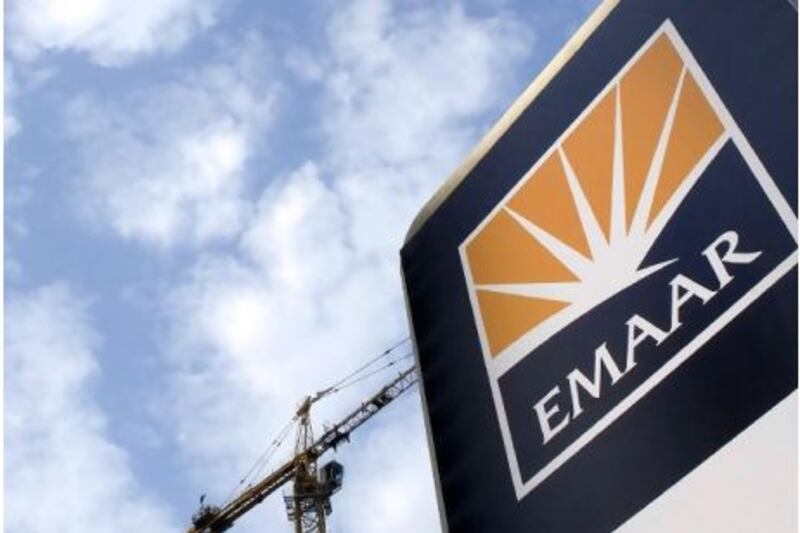Emaar Properties' annual shareholder meeting this week was hailed by investors not just because the company consented to pay a sizeable dividend but also because the event was one of the country's most forceful displays of shareholder activism.
More than 100 investors attended the three-hour meeting on Monday at The Address Hotel in Dubai, confronting company officials over why they were not paying a dividend and questioning line items in the financial statements.
Emaar ultimately agreed to pay a 10 per cent dividend, totalling Dh610 million (US$166m), its first distribution of profit to shareholders since the onset of the financial crisis in 2008.
"Today, the management of companies cannot be thinking the annual general meetings are just a formality. They need to remember that board members, auditors and other executives are there because they were elected by shareholders," said Mohammed Ali Yassin, the chief investment officer at CAPM Investment in Abu Dhabi.
He added that it would be a "huge achievement" for corporate governance in the region if shareholders at other companies were similarly outspoken.
A number of investors complained at the meeting that their Emaar shares had not been profitable in recent years and demanded a dividend of as much as 30 per cent.
Mohamed Alabbar, the chairman, replied that the company could not pay a dividend of that size without harming its financial position.
"If we pay what you are asking of us, we would be in automatic default and we would breach our covenants with banks, which stipulate the company's needed cash position and other requirements," he said, according to Bloomberg News.
Emaar did not respond to requests for comment yesterday.
The company's decision to reverse course and offer a dividend caught analysts by surprise.
"The tone of the meeting was something completely new for us from previous sessions," said Ameed Kanaan, the general manager at AlJazeera Financial Services in Dubai. "Investors had done their homework by studying the financial statements prior to the meeting and continuously [questioned] the company's executives," he said.
One issue raised by shareholders was a debit of Dh351.6m on the company's balance sheet flagged as "related party disclosures". The company's auditors said the item, described in the financial statement as "cancellation of sale of plot of land", involved the sale of development land to a company in which one of the directors had an interest.
Mr Alabbar told shareholders that board members had given all the required approvals for the cancellation. Further details on the transaction were not available.
Emaar's decision to pay a dividend could put pressure on other developers, none of which have paid dividends since 2008, but those companies may not be in a financial position to do so this year, said Saleem Khokhar, a fund manager at National Bank of Abu Dhabi.
The move also could tax Emaar's balance sheet. The company has Dh4 billion of debt maturing this year, and before paying the Dh610m dividend it holds an estimated Dh5bn of cash, the brokerage Al Ramz said in a note to clients.
"This puts additional pressure on Emaar's liquidity position. It may also trigger debt covenants that may lead to higher interest costs or in the case of a breach an early redemption is a possibility," the brokerage Alembic HC Securities said in a note.






